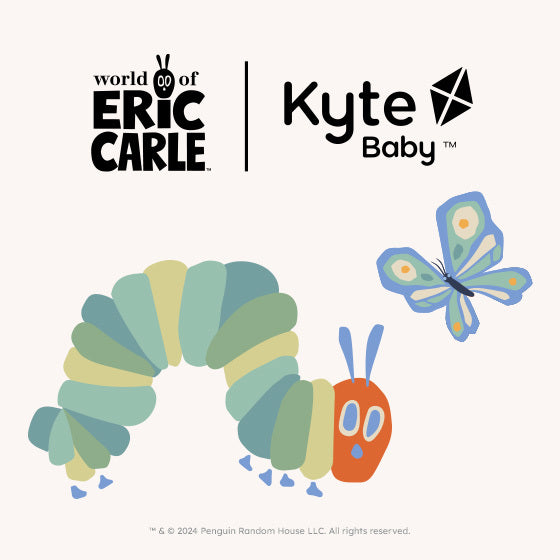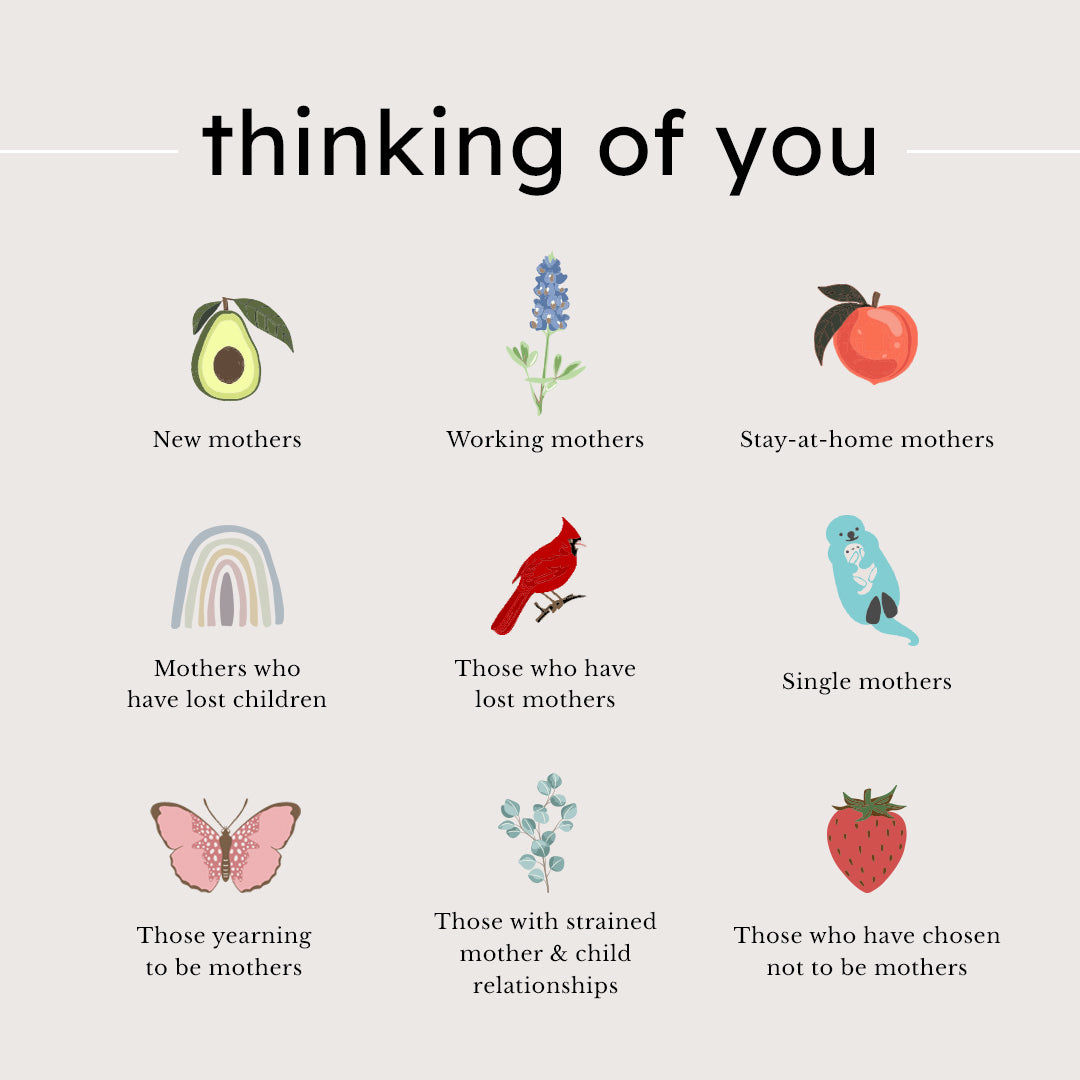For many people, Mother’s Day consists of breakfast and coffee in bed, a bouquet of fragrant flowers, and a heartfelt card that conveys appreciation and love for moms and everything that they do for the family. It’s a standard holiday that comes around once a year and is generally a day of togetherness and celebration for families. For some, however, Mother’s Day is a tough day to get through. For those who have lost a child, those who are struggling to become parents, those who have lost their mom, those who are estranged from their mom, and those who have complicated feelings toward motherhood, this holiday can be an isolating one that brings up sad memories and experiences. If you have friends or family who are hurting this Mother’s Day, here are some ways you can lend support and offer kindness to let them know that they aren’t alone.
Supporting someone who has lost a child
Child loss is one of those devastating experiences that completely changes a person’s world. While grief from child loss is neverending, Mother’s Day can make that grief feel even more debilitating. Mother’s Day is a day that celebrates motherhood, so for those who have experienced pregnancy loss or the loss of a child of any age, this can become a day of acute pain that makes loss feel all that more profound.
- Acknowledge her loss: A simple text or phone call to say, “I know today is a hard day for you” can go a long way in validating her grief.
- Recognize that she is a mom: Bereaved moms are still moms, and wishing her a “Happy Mother’s Day” is a small way to honor her as a parent.
- Talk about her child: While their world has completely stopped turning, bereaved parents often feel as though the world is moving on and forgetting about their children. Actively speaking her child’s name can make a big impact.
- Ask her how she would like to spend the day: Meet her where she is at in her grief journey. She may prefer to spend the day without visitors or talking, or she may appreciate being taken out for a meal or a visit where she can speak openly about her child.
- Don’t try to minimize her loss: No matter how well-meaning they are, phrases like “Everything happens for a reason” or “They’re in a better place” are not comforting. Child loss is unnatural, unfair, and completely devastating. Rather than trying to find the right words to say, give her permission to grieve in her own way.
Supporting someone who wants to be a mom
If you know someone who is struggling with infertility or has always wanted children but is unable to have them, Mother’s Day can be a painful reminder of that fact. About 10% of women in the United States have difficulty getting pregnant or staying pregnant. Despite it being fairly common, it can be an isolating experience that’s only exacerbated on Mother’s Day.
- Acknowledge her experience: If she has already shared her desire to be a mom to you, reach out to her on Mother’s Day. Give her the space to share her feelings and be as vulnerable as she wants to be. Let her lead the conversation and don’t make assumptions.
- Don’t try to fix it: Don’t offer platitudes like “It’ll happen when you least expect it” or “Everything happens for a reason.” Even if you’re trying to be comforting, saying things like this can make her feel invalidated. Rather than trying to come up with solutions, just support her in her grief.
- Just listen: Be a safe space for her to grieve. She may want to express her sadness about not being a mom yet, her resentment towards others who can conceive a child easily, and any other complicated emotions that come with her experience. Rather than trying to share your own experience, keep the focus on her.
Supporting someone who’s missing Mom
On Mother’s Day, we are all encouraged to celebrate and thank the women who raised us. But, for those who have lost their mother, this holiday is a painful reminder that she’s no longer here to receive that gratitude. No matter how old you are, losing a parent is a traumatizing event. And, no matter how long it’s been since Mom has passed, Mother’s Day can bring grief right back up to the surface.
- Talk about Mom: If you knew their mother personally, talk about your favorite memories with her. Say her name and share how much she meant to you too. If you didn’t know her, ask what her name was, what she was like, and what some funny or poignant memories with her are.
- Be a shoulder to cry on: Even if your friend was a child when their mother passed, their grief does not diminish with time. The longer they live without their mother, the more they feel as though they’ve missed out on core memories that Mom should have been a part of. Give them the space to grieve, and offer a listening ear and a shoulder to cry on.
- Do something thoughtful: A simple gesture, like a text that reads, “I’m thinking of you and your mom today,” can make your friend feel less alone. You can also send flowers or a card to show that you’re keeping them in your thoughts during this difficult time.
Supporting someone who has a difficult relationship with Mom
When everyone else is taking to social media to shower praise on their moms, Mother’s Day can be extra hard for those who don’t have a good relationship with their own mom. Everyone knows relationships with parents can be complicated, but those who have a strained or nonexistent relationship with their mother go through a grief process that is similar to those who have lost a parent. They may mourn the loss of a mom they wished they had, while also grappling with the painful reality of the relationship that currently exists.
- Reach out: One of the simplest and easiest ways to support someone going through hardship is to let them know that you are thinking of them. A “Thinking of you” text can go a long way in comforting someone and helping them feel seen.
- Support their choices: Those who have a great relationship with their mothers have a hard time understanding those who don’t. Rather than trying to “fix” their problems, like suggesting they reach out to their mother on Mother’s Day to repair a strained relationship, support your friend if they don’t want to reach out. Keep in mind that they’re making the best choice for themselves and that you don’t have to understand it to support them.
- Be a safe space: Let your friend know that you’re here to listen without judgment if they want to share how they’re feeling. If they reached out to their mother on Mother’s Day with disappointing results, they may need extra support. Give them the opportunity to express all their emotions or take their mind off of the day.
Supporting someone who’s choosing not to be a mom
There are a million reasons why someone would be childless by choice. Perhaps they have a hereditary disease that they don’t want to risk passing onto children, perhaps they simply can’t afford to have kids, perhaps they’ve chosen to spend their life with a partner who doesn’t want children, perhaps they feel it’s too late for them to have a baby, or perhaps past trauma has convinced them that motherhood is not the right path. Even if it’s a personal decision they are making for themselves, many childfree people find that Mother’s Day can still stir up a lot of complicated emotions.
- Support their decision: The choice to have children is a deeply personal one that everyone has a right to make. They don’t owe an explanation to anyone, so instead of pressing the issue, simply let them know how much you admire them for making a conscious and responsible choice that’s right for them.
- Listen without judgment: For those who are childless by choice, they may feel as though they aren’t allowed to voice sadness or resentment over not being a mom. They may fear being told, “Why don’t you just have kids then?” or “You’ll regret it later on,” when all they want is to be able to speak freely without advice or judgment.
- Celebrate them too: If your friend is a stepmom, foster mom, dog mom, aunt, teacher, or any other maternal role, you can include them in Mother’s Day celebrations. There are many ways to mother, and it takes a village to raise a child. Those who are part of that village are just as deserving of acknowledgment and celebration.
This Mother’s Day, we celebrate all moms—including new moms, working moms, stay-at-home moms—and hold space for those who are grieving or struggling with this holiday and everything it symbolizes.
























